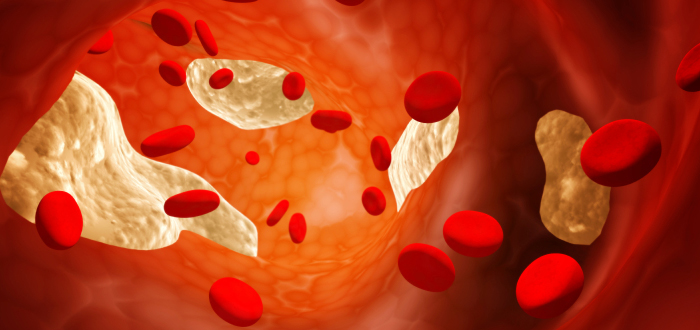Lowering your cholesterol might not be able to help you fight mesothelioma after all.
In May, we reported on research that contended getting rid of “bad” cholesterol and increasing “good” cholesterol could stop mesothelioma from spreading to other parts of your body.
New research from the University of Western Australia in Perth suggests the opposite.
What’s more, the scientists who gathered the research conclude that lowering “bad” cholesterol won’t even do what they had hoped — stop mesothelioma from ever starting.
Mesothelioma Prevention-Drug Focus
The researchers launched into their investigation thinking users of cholesterol-lowering drugs who had earlier suffered asbestos exposure would be less likely to develop mesothelioma.
Writing in the Aug. 5 issue of PLOS ONE, the researchers said the theory had merit because earlier studies showed cholesterol to be an important substance needed by cancer cells to properly function.
On that basis, they figured that depriving cancer of cholesterol would be a kiss of death for those cells.
The researchers noted that a common way people with elevated cholesterol bring that condition under control is by taking statins, such as Lipitor. So statins were the drug upon which the researchers focused.
They also focused on statins because people take them long-term. The researchers wanted to look at a drug taken for years and years because of the long time necessary for mesothelioma to appear following exposure to asbestos.
“Studies have suggested an association between statin use and a reduced incidence of cancers including lung, breast, prostate, colon and bowel,” the researchers wrote.
In lab-specimen mesothelioma, statins were found to induce cell death and even made chemotherapy more effective, they indicated.
But, in the end, the researchers decided they could find no connection between statins and mesothelioma risk.
They also came to the conclusion that taking statins before mesothelioma onsets does nothing to slow the spread of the disease or promote surviving mesothelioma longer.
Basically, the researchers now believe the reason statins didn’t help was that there are a number of events that take place inside the body between asbestos exposure and mesothelioma onset.
These events are not understood yet. But it appears they somehow cancel out the benefits that statins should be providing.
Mesothelioma Testing of Mice and Men
The research by the University of Western Australia researchers was conducted two ways. First, they induced mesothelioma in lab mice after starting them on statins and observed the effects.
Then they analyzed a ton of data that had been collected on mesothelioma patients as part of a British cancer-surveillance project.
From the ranks of those mesothelioma patients, the researchers identified 107 who had been taking statins. They then drilled down into the medical records of each patient to see what effect the statin-taking had on the disease and its progress.
The journal article writers noted that their findings are at odds with other research — such as the research we reported on in May.
They said that’s not surprising. “A lack of accord amongst cancer prevention studies in general is common,” they wrote.
“In the case of statins, this could in part be because the data has mostly arisen from trials that were designed to investigate … cardiovascular disease,” they offered. “In complete conflict, low cholesterol has even been associated with a higher cancer incidence.”
So go figure.
Actually, they did.
The researchers said a likely explanation for the conflicts is that good results achieved with mice don’t usually translate to humans unless there is an excellent correlation between the two.
They contend that in this study the correlation is indeed excellent, meaning the results they obtained are the ones that ought to be trusted.


